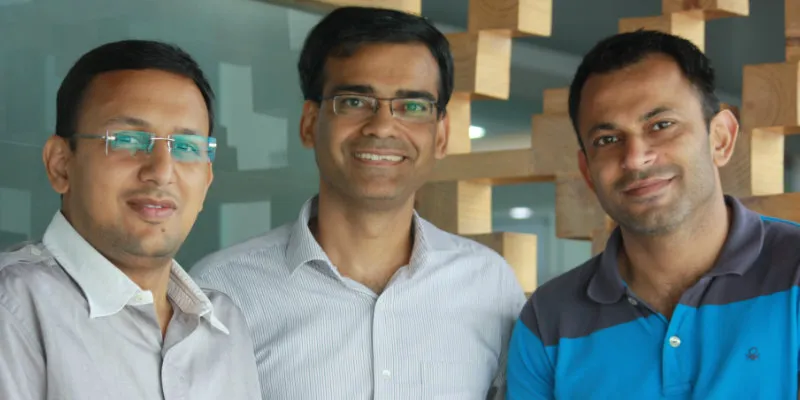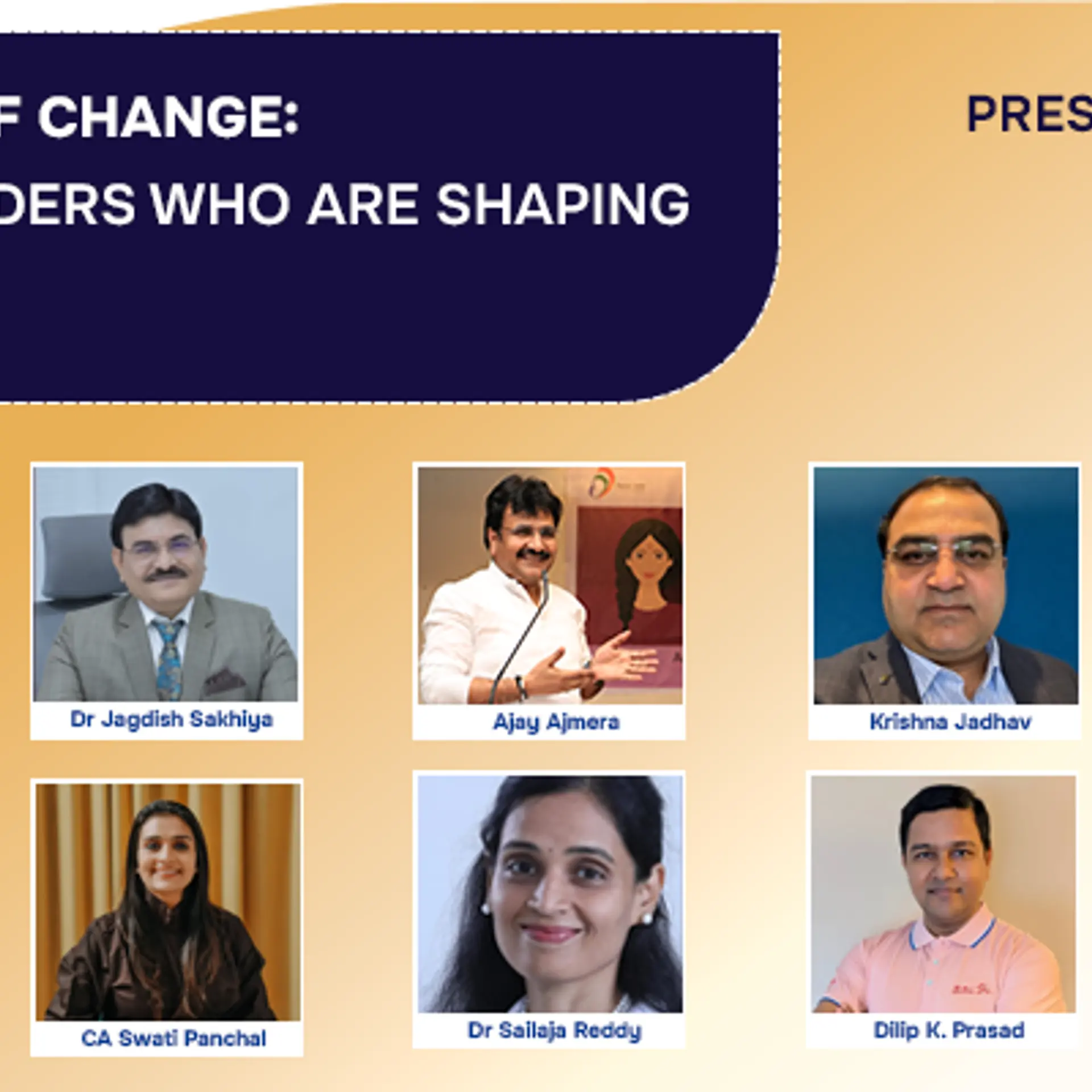Alok Mittal’s Indifi Technologies aims to bridge the $380-billion gap in SME debt financing
Unlike traditional lenders, Indifi Technologies is working to get SMEs, be it in e-commerce, hospitality, retail, travel or trading, easy and quick loans. The company, set up in 2015, has disbursed more than 2,000 loans till now.
A first generation entrepreneur, Alok Mittal spent years traversing India’s entrepreneurial ecosystem. An active angel investor, he co-founded Indian Angel Network and is on the board of TiE, The Indus Entrepreneurs Delhi.
With his latest venture, Indifi Technologies, Alok is using his decade-long experience to correct the imbalances he has observed in the SME debt financing sector. He, along with Siddharth Mahanot and Sundeep Sahi, founded Indifi in October 2015 to bridge the $380 billion gap in MSME debt financing.

Angel and VC investors tend to be more inclined towards risk-averse startups. Most of these small and medium-sized enterprises carry lower risk and are able to provide relatively lower return on equity.
Most SMEs do not have a strong credit data footprint when it comes to debt financing. They tend to be excluded from the formal financial system, especially if they can’t offer collateral.
Alok is aiming to change that. A computer science graduate from IIT Delhi, he completed his MS and Management of Technology programs from UC Berkeley. Before starting Indifi, Alok set up and ran Canaan Partners' operations in India. He also co-founded JobsAhead.com, a leading web-based recruitment business in India that was acquired by Monster.
Together, with backing by Accel Partners and Elevar Equity (at the time of founding), the trio is trying to gain a competitive edge in the SME market.
Indifi Technologies has till date disbursed more than 2,000 loans in the range of Rs 50,000 to Rs 50 lakh. The startup has partnered with Travelboutique, Olacabs, Shopclues and OfBusiness, and covered sectors like travel agencies, hotels, transportation, retail and e-commerce.
In December 2016, Indifi Technologies raised a Series B round of $10 million, which was led by Omidyar Network and saw participation from existing investors.
Indifi has a team of 75 people presently. In the next two to three years, they aim to grow multi-fold in terms of the borrowers they serve and, consequently, in terms of revenue.
Speaking on gaining a competitive edge, Alok says:
“The platforms that exist in the market currently are primarily NBFCs in the digital space. They do not have the kind of multi-lender capabilities that Indifi has.”
The interest rate for a loan starts at 1.5 per cent. The repayment period is from 30 days to 24 months and a one-time processing fee of 2 per cent of the sanctioned amount is charged.
A mediator between lenders and SMEs
Indifi Technologies works with lenders to provide them with full customer lifecycle management and charges them a fee based on products availed by the customer. Lenders would incur an operating cost if they were to run the complete customer lifecycle; they now pay that to Indifi for managing it.
On the banking front, the lenders Indifi works with are YES Bank, RBL Bank and IDFC bank. The NBFC list includes Edelweiss, IndiaInfoline, Capital First and Aditya Birla Finance.
Indifi gathers its own data on the business and credit profile of an applicant and connects it to the most relevant financing partners. Based on the data and accompanying analytics, the lender can choose to finance the loan.
On his blog, Alok writes that a lot of data is getting digitised – from data available in public domains, with government and in supply chains.
“We expect this data to start to become available through electronic means to lenders. The JAM (Jandhan, Aadhar and Mobile) architecture is already evolving in a direction where it promises to provide access to a wide variety of data sources for authorised parties. This will bring down the friction and costs involved in assessing small businesses,” he writes.
Besides access to data, analytics holds the promise to draw insights that improve the quality of credit decisions, thereby reducing credit costs.

“Post demonetisation and other changes related to digitisation, more data sources are becoming formalised. The increased volume and quality of digital data is creating unique opportunities for innovations in customer experience and underwriting standards,” Alok says.
Addressing the SME financing gap
Non-availability of timely and adequate credit at reasonable interest rates posed challenges for MSMEs. Banks were prone towards risk aversion when it came to lending to MSMEs because of the insufficient collateral micro-enterprises and first-generation entrepreneurs possess.
In an earlier interaction with YourStory, Harshvardhan, of Lendingkart, said the total financial requirement in the MSME sector is $650 billion, $520 billion of debt demand and $130 billion of equity. The viable and addressable debt demand is estimated to be $198 billion. Micro and small enterprises account for 97 per cent of the viable debt gap; working capital demand accounts for about 61 per cent of this debt demand.
Currently, this need is being met by the informal sector, which includes moneylenders and chit funds. This represents a significant opportunity for Indian financial institutions that seek to address the “missing middle” by providing debt products and services designed to meet the needs of this market. And that’s where Indifi Technologies is aiming to make a mark.
Website: Indifi Technologies







